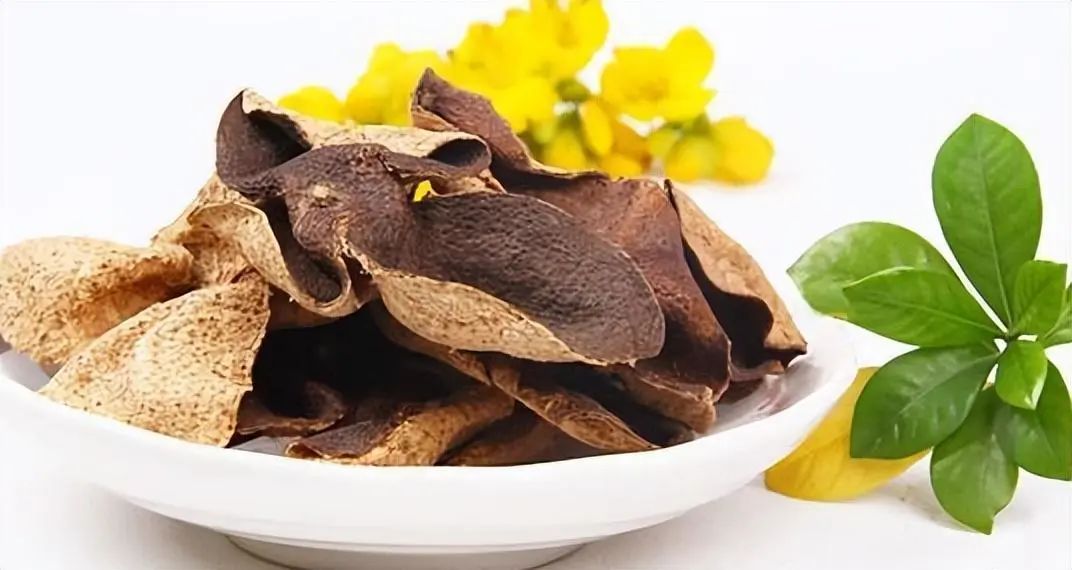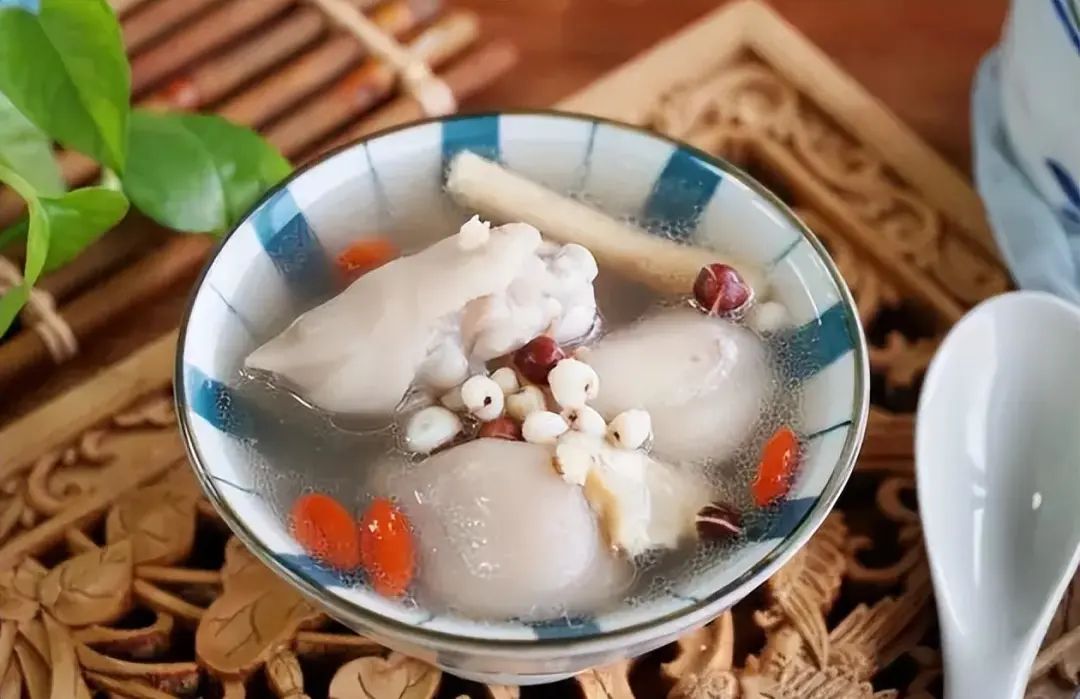Healthy life is beautifulto popularize health knowledge for you
Click below to follow for free↓↓↓
Today, I would like to share the issue of Qi deficiency in the five organs. Qi deficiency is something we are all familiar with. Many people experience Qi deficiency, especially women, with eight out of ten having some degree of it. In Traditional Chinese Medicine (TCM), individuals with Qi deficiency generally exhibit five characteristics:

1. Fatigue and weakness, easily tired. Just walking around makes them tired; climbing stairs makes them tired; doing a little housework makes them tired; even standing still requires leaning on something.
2. In terms of personality, those with Qi deficiency may seem distant and indifferent. However, this is not true indifference; it is simply that the Qi supporting them is insufficient. It is like a deflated ball; when it is full of air, it interacts with you, bouncing high, but when it is deflated, it cannot bounce.
3. Observing their complexion: those with sufficient Qi have a rosy and radiant complexion, like a peach blossom. In contrast, those with Qi deficiency have a pale complexion without luster due to insufficient driving force.
4. In terms of constitution: they are prone to illness, with the most common being colds. They easily experience spontaneous sweating and diarrhea, with loose stools.
5. From the tongue appearance: individuals with Qi deficiency have a pale tongue with a white coating, which may be swollen with indentations on the sides.
This is a common issue among those with Qi deficiency. Specifically, regarding the organs:
Heart Qi deficiency can lead to palpitations, anxiety, and shortness of breath.
Liver Qi deficiency indicates insufficient liver function and the ability to regulate Qi and blood, manifesting as dizziness and fatigue, with a lack of vitality.
Spleen Qi deficiency can cause puffy eyes and general body swelling. Spleen Qi deficiency leads to insufficient Qi and blood. The spleen and stomach are interconnected; Spleen Qi deficiency results in poor digestion, leading to bloating and gastric distension.
Lung Qi deficiency indicates insufficient lung function, resulting in a low voice, reluctance to speak, fatigue from talking too much, easy sweating, and susceptibility to colds. The lungs and large intestine are interconnected; Lung Qi deficiency can also lead to constipation.
Kidney Qi deficiency indicates poor kidney function, leading to abnormal water metabolism and potential edema.
Here is a formula to nourish the Qi of the five organs:
Buzhong Yiqi Decoction (补中益气汤)
Huang Qi (Astragalus), Dang Shen (Codonopsis), Sheng Ma (Cimicifuga), Chai Hu (Bupleurum), Bai Zhu (Atractylodes), Dang Gui (Angelica), Chen Pi (Tangerine Peel), Zhi Gan Cao (Honey-fried Licorice)
In this formula, Huang Qi, Dang Shen, Sheng Ma, Chai Hu, and Bai Zhu are all Qi tonics. Huang Qi is the foremost Qi tonic, replenishing Qi throughout the body. Its white color and sweet flavor primarily nourish Lung Qi and Spleen Qi. Dang Shen is a middle Qi tonic, with a sweet taste, providing substantial Earth Qi, thus primarily nourishing the Qi of the middle jiao (Spleen and Stomach). Bai Zhu strengthens the Spleen and dispels dampness, also tonifying Spleen Qi. Chai Hu and Sheng Ma elevate the Qi, ensuring that once the Qi is replenished, it is also uplifted. Chen Pi regulates Qi, preventing the replenished Qi from stagnating or becoming stagnant in the body. All these herbs are Qi tonics and Qi regulators. Qi and blood are never isolated; blood is the mother of Qi. Without the foundation of blood, Qi cannot be generated, and Qi has nothing to rely on. Therefore, the formula includes Dang Gui to nourish blood. The combination of Dang Gui and Huang Qi creates the renowned Qi and blood tonifying decoction, Huang Qi Dang Gui Tang (黄芪当归汤), thus replenishing both Qi and blood.

Many people may wonder, isn’t this primarily to tonify Spleen and Stomach Qi? How can it nourish the Qi of the other four organs?
TCM believes that the Spleen and Stomach are the foundation of postnatal life and the source of Qi and blood generation, serving as the center of the five organs and six bowels. If the Spleen and Stomach do not function properly, the other five organs and six bowels will become paralyzed. Regardless of what illness you have, do not forget to properly regulate the Spleen and Stomach. As long as you regulate the Spleen and Stomach well, many diseases will resolve on their own. If you can eat and digest food, even if you have numerous ailments, it is not a problem. However, if you appear healthy but cannot eat, you will be facing a serious illness. Additionally, we often say that when the righteous Qi is stored within, evil cannot invade. What does this righteous Qi refer to? It refers to the righteous Qi of the entire body, particularly the righteous Qi of the five organs and six bowels, with a focus on Spleen and Stomach Qi. This is because Spleen and Stomach Qi is the most important among all righteous Qi, the essence of righteous Qi, and the combat force of righteous Qi.

Therefore, Spleen and Stomach Qi is the foundation of the body’s Qi mechanism. Once Spleen and Stomach Qi is replenished, will the Qi of the other organs still be deficient? No, it will not!
I and Health Daily are here to popularize health knowledge for you
Click below to follow for free↓↓↓
The editor shares good articles with friends
1.The Spleen and Stomach are the foundation of longevity! Two classic dietary therapy recipes to strengthen the Spleen, dispel dampness, and nourish Yin
2. Strengthening the Spleen is like nurturing life; Spleen deficiency leads to weakness! A Chinese patent medicine that tonifies the Spleen and Stomach, harmonizing the stomach and aiding digestion
3.So precious! Over 800 folk remedies, there is no illness that cannot be treated; save for future reference!
4.The most comprehensive collection of Tui Na techniques videos—if you want to learn Tui Na massage, hurry and save it!
Likeis a form of encouragement Share to spread joy

